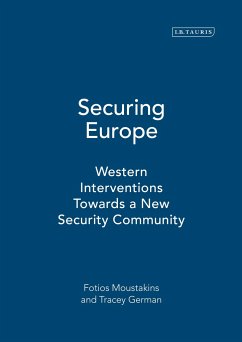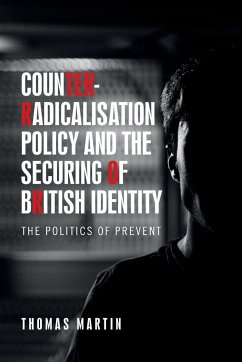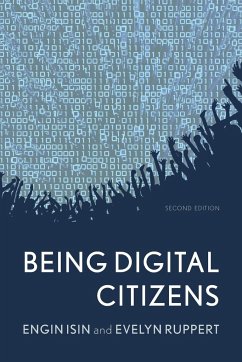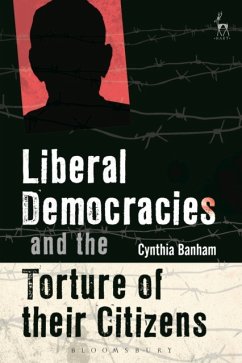Nicht lieferbar
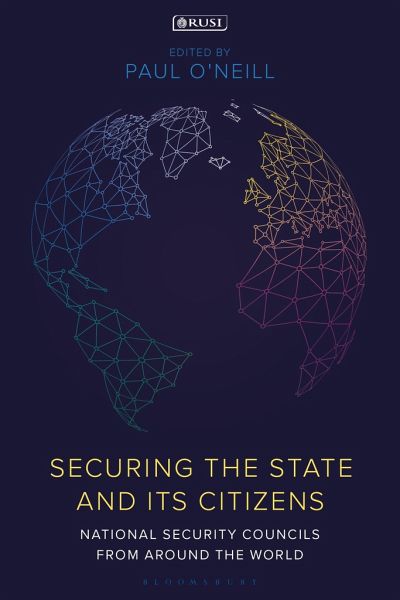
Securing the State and Its Citizens
National Security Councils from Around the World
Herausgeber: O'Neill, Paul
The global security situation is challenging and constantly changing. Responding to threats requires the effective coordination of the various levers of national power. These must now go beyond the traditional diplomatic, information, military and economic levers, to involve other, non-security agencies, including those responsible for the environment, health, education and industry. Through a uniquely extensive study of countries from across the world, this book considers how nations have developed bespoke coordination mechanisms to the unique threats they face, and how these mechanisms have ...
The global security situation is challenging and constantly changing. Responding to threats requires the effective coordination of the various levers of national power. These must now go beyond the traditional diplomatic, information, military and economic levers, to involve other, non-security agencies, including those responsible for the environment, health, education and industry. Through a uniquely extensive study of countries from across the world, this book considers how nations have developed bespoke coordination mechanisms to the unique threats they face, and how these mechanisms have had to evolve as the threats change. It covers nations for whom the system is well established (e.g. the US in 1947) and other countries whose arrangements are more recent, such as the UK (2010). Where the National Security Councils have existed for longest, the case studies highlight how they have transformed as the national understanding of security has changed, typically to reflect a broadening. Consequently, while there are no universal solutions, the comparative approach taken in this book identifies enduring principles for shaping the creation or reform of national security coordination fit for the challenges of the twenty-first century.







